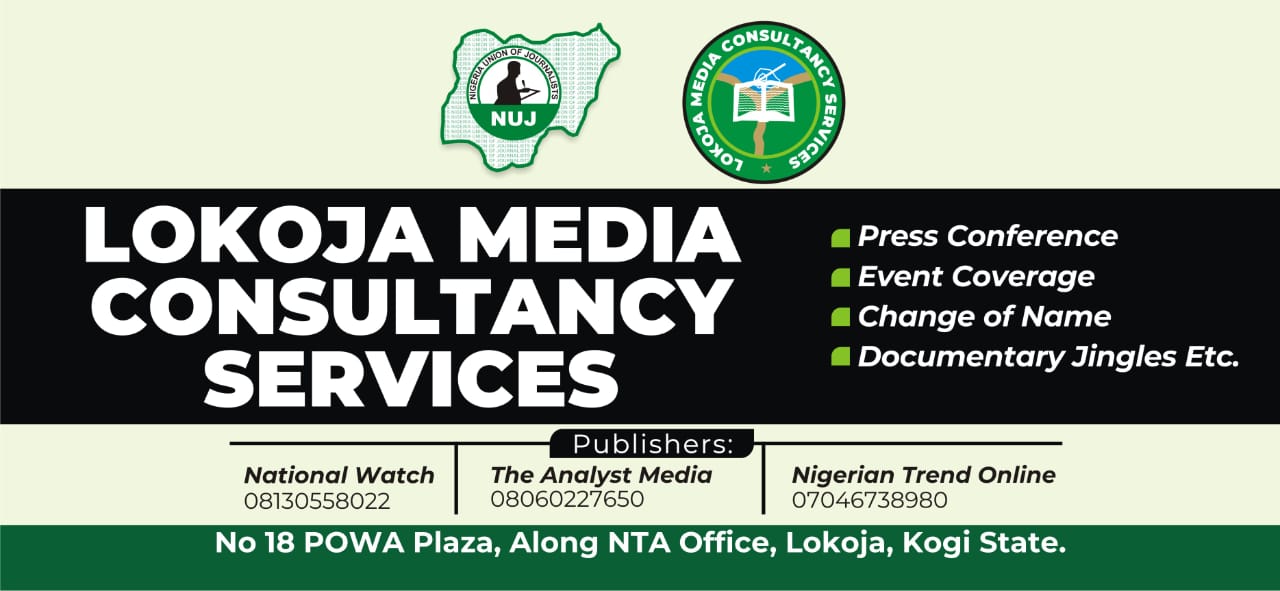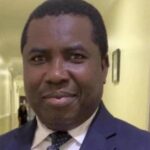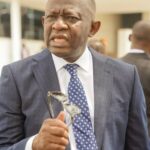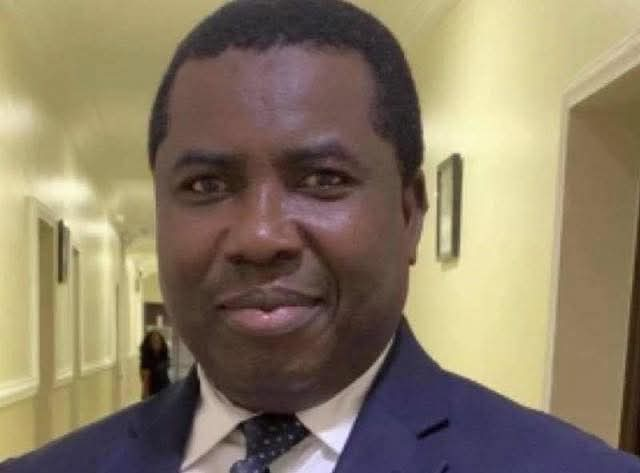
By THEANALYSTMEDIA
In Nigeria’s political landscape, the issue of fake or dubious academic credentials has become more than just scandal fodder—it’s a recurring problem undermining trust,governance and the integrity of the electoral process. Politicians are often accused of using forged certificates ranging from secondary school testimonial to university degrees, or NYSC (National Youth Service Corps) certificates.
As these allegations surface, questions arise: Why does this trend persist? What are its effects? And how can it be curtailed?
Recent Cases & Evidence
Some recent high-profile examples demonstrate how widespread and serious the problem is:
Uche Geoffrey Nnaji, Minister of Science, Technology & Innovation, had his Bachelor of Science certificate disowned by the University of Nigeria, Nsukka (UNN). The university confirmed that he did not complete his courses and was never awarded the degree.
Politicians’ Certificates Causing National Shame — The Chartered Institute of Forensics and Certified Fraud Investigators of Nigeria (CIFCFIN) raised concerns that many political aspirants present forged credentials in their nomination forms for elective offices.
Kemi Adeosun, former Finance Minister, resigned after allegations that she submitted a forged NYSC exemption certificate. Although she claimed she believed the document was genuine, public trust was badly affected.
There have been legal disputes over educational qualifications submitted to the Independent National Electoral Commission (INEC), including cases where courts disqualified candidates due to certificate forgery.
Root Causes
Why is certificate forgery so common among politicians in Nigeria? Some underlying factors include:
- Loose Verification Systems and Weak Enforcement
The processes for verifying educational, NYSC and other credentials are often weak or corrupted. Some institutions may fail to verify credentials submitted by aspirants or civil servants rigorously. - Pressure to Qualify
Many political positions or candidacies require certain educational credentials. Candidates may feel compelled to embellish or falsify documents to meet eligibility requirements. - Low Risk of Accountability
Often, even when forgery is exposed, the legal and political consequences are delayed, weak, or avoided entirely. Some cases are settled quietly or dismissed for lack of evidence. - Cultural Emphasis on Certificates
There is a societal belief that certificates equal competence, status, and legitimacy—sometimes over and above actual performance or experience. This drives demand for credential inflation.
- Gaps in Institutional Oversight
Agencies such as schools, accreditation bodies, and electoral commissions may lack adequate resources or systems (including forensic/document verification technologies) to detect or prevent forgery.
Consequences
The proliferation of fake certificates among politicians carries serious costs:
Erosion of Public Trust: Citizens lose faith in leaders when fraudulent credentials emerge. This undermines democracy and governance.
Poor Governance: Individuals with fake or weak credentials may lack the knowledge or skills needed to govern effectively, leading to policy failures, corruption, or mismanagement.
Legal and Electoral Uncertainty: Elections, appointments, and nominations tied to forged credentials can lead to litigations, nullifications, and instability.
International Reputation Damage: When prominent cases (like certificate forgery from foreign institutions) become global news, Nigeria’s educational and political credibility suffers on the international stage.
Moral and Ethical Decline: The normalization of forgery sets a poor standard for future generations, influencing attitudes in civil service, private sector, and society at large.
Efforts to Combat the Problem
There are several initiatives underway, alongside policy proposals, aiming to reduce or stop the use of fake certificates among politicians:
- Verification by Forensic Institutes
The National Chartered Institute of Forensics and Certified Fraud Investigators (CIFCFIN) has committed to verifying certificates of political aspirants before party primaries. - Regulatory and Legal Reforms
Proposals include strengthening electoral laws to disqualify candidates found presenting forged documents, enhancing penalties for forgery, and ensuring more thorough scrutiny by INEC. - Strengthened Institutional Oversight
Accrediting bodies and educational institutions are being encouraged to cooperate more closely with electoral bodies, and to maintain clearer, accessible records (including digital archives) to verify credentials. - Public Awareness and Civil Society Action
Media investigations, watchdog organizations, and civil society groups are playing a role in uncovering cases, pushing for transparency, and demanding accountability. - Technology Use
Deploying digital identity systems, document verification tools (forensics labs, online verifications, QR codes, blockchain, etc.) to make it harder to fabricate or use fake credentials.
Challenges to Eliminating Fake Certificates
Despite efforts, several obstacles make this issue difficult to resolve:
Political Resistance: Some actors benefit from the status quo; pushing them to accept stricter verification may face opposition.
Resource Constraints: Institutions may lack financial, technical, or human resources to implement rigorous verification systems across the country.
Legal Loopholes and Delays: Even when cases are filed, litigation can drag on; court decisions may be appealed or ignored; enforcement may be weak.
Corruption and Collusion: In some instances, institutions that should verify credentials are complicit or negligent.
Recommendations
To substantially reduce the proliferation of fake certificates among politicians, Nigeria could consider the following:
- Mandatory Pre-Primary Credential Verification: Political parties should require authenticated credentials before allowing aspirants to contest their primaries.
- Strengthen INEC’s Role: Enhance the capacity of INEC (or a similar body) to scrutinize academic, NYSC, and other required credentials before registering candidates.
- Strict Penalties: Enact and enforce laws that impose significant consequences for forgery—for both the one who forges and the one who knowingly uses a forged document.
- Digital Record Keeping: Educational institutions and regulatory bodies should maintain accessible, tamper-resistant records of graduates (digital transcripts, verifiable databases) to make it harder to submit false claims.
- Forensic & Technical Capabilities: Expand forensic laboratories, training, and tools for authenticating documents; partner with international verification services where needed.
- Public Education / Cultural Change: Cultivate a culture that values competence and integrity over mere credentials; encourage public scrutiny and discouragement of credential fraud.
- Civil Society & Media Oversight: Encourage investigative journalism and watchdogs to expose cases; protect such actors so they can operate without fear.
The problem of fake certificates among Nigerian politicians is deeply rooted and persistent. It strikes at the heart of governance — legitimacy, competence, and trust. While the scale of the issue is significant, the growing public attention, media exposure, institutional interventions, and technological tools offer hope. What remains essential is political will, strong laws, and consistent enforcement. If these are in place, Nigeria can begin to turn the tide, ensuring that leaders stand on genuine credentials—not forged ones.










